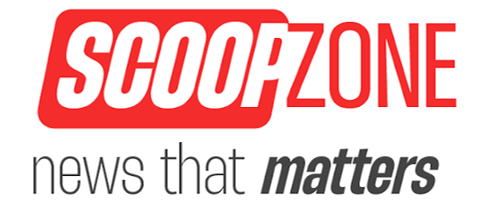As of 2020, over 62 million people were enrolled in the Medicare health insurance program, which is approximately 18% of the US population. But, establishing a database of this size comes with risks, and the agency has issued another warning about the influx of scams.
Having a single source of information is a dream come true for scammers. This could be a bank, credit card company, or social media platform, but healthcare companies are also a risk. If you include Medicaid and CHIP, Medicare’s numbers rise to over 160 million potential victims.
Medicare was introduced in 1965 as a federal social insurance program. It provides health insurance to disabled and older people. There aren’t any income limitations like there are with Medicaid, but a significant number of enrollees are living in poverty due to their circumstances.
In recent years, Medicare scams have become a growing problem and they keep popping up, usually in the form of impersonation scams, to get people’s personal data.
The information can be used in a variety of ways. For example, the scam artist might ask someone to verify their banking information, which could be used to commit theft.
Around 54 million people enrolled in the Medicare program are elderly, and the other 8 million are enrolled due to disabilities. These scams can end up putting people in a much worse situation financially, and many are already on lower incomes.
The Centers for Medicare and Medicaid Services (CMS) has warned anyone enrolled in the programs to be extra careful when it comes to guarding their Medicare number and other personal and financial information, just like they would with credit cards or Social Security.
It says: “You should only share your Medicare number with trusted healthcare providers. If you join a Medicare health or drug plan, the plan will let you know how it will use your personal information.” It also says that enrollees should check its dedicated page that provides more details about how Medicare uses someone’s private information.











Add Comment